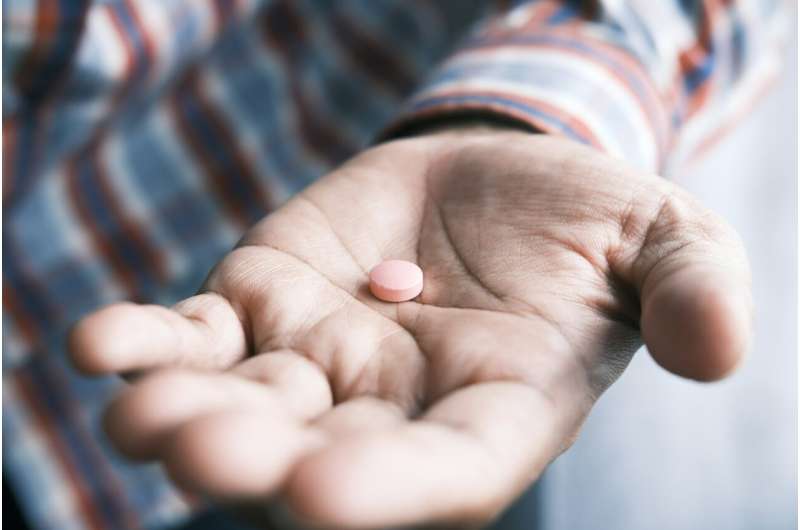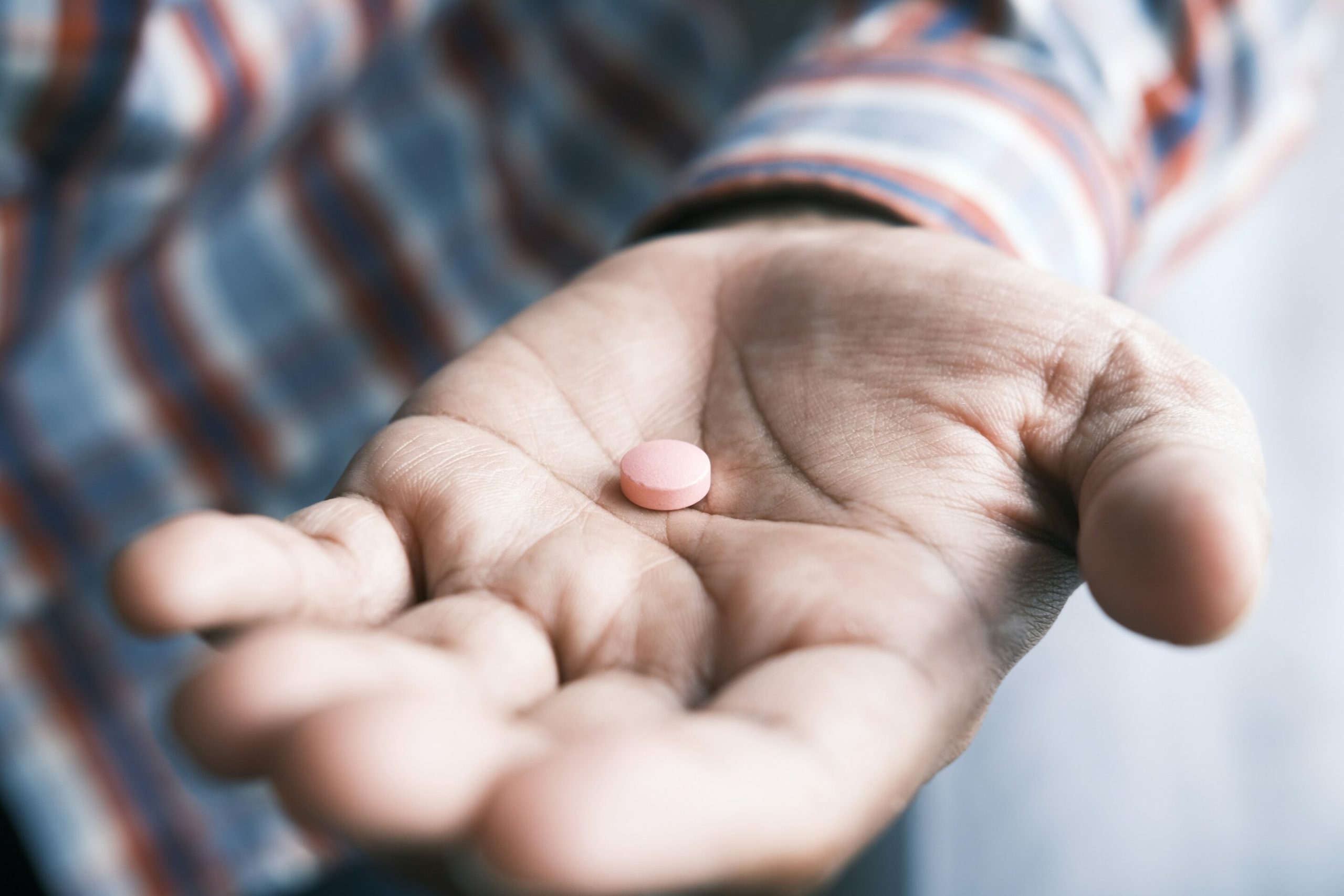
In two trials, one in frail elderly patients, evening administration of BP-lowering medications had no clinical benefits over morning administration, according to late-breaking research presented in a Hot Line session August 31 at ESC Congress 2024.
Principal Investigator, Professor Scott Garrison from the University of Alberta, Edmonton, Canada, explained the rationale behind the trials. “We know that BP typically follows a circadian rhythm that peaks after waking and troughs during sleep. Major cardiovascular events such as myocardial infarction and stroke are associated more strongly with high BP at night.
“Whether preferential lowering of nighttime BP could lower cardiovascular risk has been previously studied but with varying results. We conducted the BedMed trial in the general primary-care population and the BedMed-Frail trial in nursing-home residents and while evening dosing was safe, it conveyed no additional advantages.”
In the open-label, pragmatic BedMed trial, Canadian primary-care patients, with no history of glaucoma, who were prescribed at least one once-daily antihypertensive medication were randomly assigned (1:1) to take all amenable antihypertensives either in the morning or at bedtime.
The primary outcome was major adverse cardiovascular events (MACE), defined as all-cause death, hospitalization/emergency department (ED) visit for stroke, myocardial infarction/acute coronary syndrome or congestive heart failure. Secondary outcomes included all-cause unplanned hospitalization/ED visits and visual-, cognitive- and fracture-related events.
The BedMed-Frail trial had a similar design except that participants were residents of Canadian continuing care wards. They were assigned to either bedtime dosing or to usual care (predominantly morning use). Additional secondary outcomes included skin ulceration and deteriorated cognition.
In the BedMed trial, 3,357 adults were randomized, with a median age of 67 years and 56% were female. Over a median follow-up of 4.6 years, the primary outcome of MACE occurred in 9.7% of participants in the bedtime group and 10.3% in the morning group (adjusted hazard ratio [HR] 0.96; 95% confidence interval [CI] 0.77–1.19; p=0.70). There were no differences in safety outcomes and all-cause hospitalization/ED visits and safety outcomes between the groups.
In the BedMed-Frail trial, the 776 participants had a median age of 88 years and 72% were female. Over a median of 415 days, the primary outcome of MACE occurred in 40.6% of participants in the bedtime group and 41.9% in the usual care (morning) group (adjusted HR 0.88; 95% CI 0.71–1.11; p=0.28), and in both groups it was mostly driven by deaths.
Secondary efficacy and safety outcomes were no different between groups, except for all-cause unplanned hospitalization/ED visits, which favored bedtime use (HR 0.74; 95% CI 0.57–0.96; p=0.02).
Summing up, Professor Garrison said, “We found bedtime vs. morning administration to provide no difference in MACE, nor in potential hypotensive, visual, cognitive or other safety events in a general population and importantly, in frail older patients, a subgroup who are generally excluded from clinical trials.
“We can now dismiss the treatment timing as being important and advise patients to take their BP medication when they are least likely to forget.”
Citation:
Evening vs. morning dosing of blood pressure medication: No differences seen (2024, September 2)
retrieved 3 September 2024
from https://medicalxpress.com/news/2024-09-evening-morning-dosing-blood-pressure.html
This document is subject to copyright. Apart from any fair dealing for the purpose of private study or research, no
part may be reproduced without the written permission. The content is provided for information purposes only.



